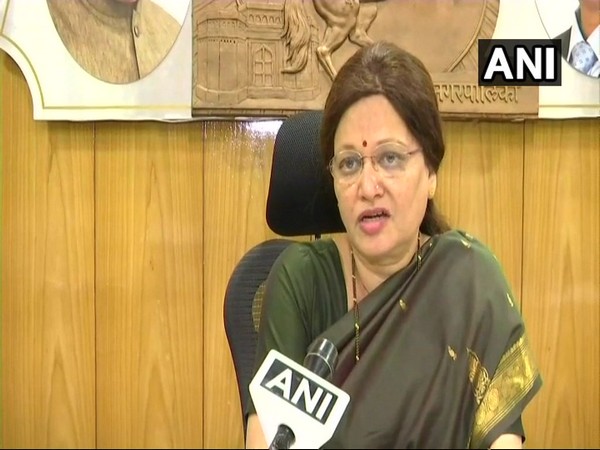Pune: Reacting to the incident where freedom fighter and prominent activist Bal Gangadhar Tilak, also known as Lokmanya Tilak, was mentioned as the “father of terrorism” in a Class 8 book, Pune Mayor Mukta Tilak said that it was an insult to the freedom fighters who laid down their lives for the country.
Mukta, who is the wife of Lokmanya Tilak’s great-grandson Shailesh Tilak, told ANI, “Lokmanya Tilak served the country for so long. He gave fifty years of his life to India. Even after doing so much, he is being portrayed as the father of the terrorism in a children’s book. This is shameful and an insult to our freedom fighters. I request all citizens to ban this book.”
She added that she would personally write a letter to Rajasthan Chief Minister Vasundhara Raje regarding the incident.
Mukta further said that the culprits found guilty of publishing the book should be caught and strict action should be taken against them.
A reference book for Class 8 Social Studies has described freedom fighter Bal Gangadhar Tilak as the “father of terrorism.”
The book by a Mathura-based publisher is being used by private English-medium schools affiliated to the Rajasthan Board of Secondary Education (RBSE).
“Tilak demonstrated a path towards national movement, therefore, he is called as the father of terrorism,” reads page 267 of chapter 22 of the book.
Tilak’s description is part of sub-topic ‘Incidents of National Movement during 18th and 19th century.’
“Tilak clearly believed that we cannot achieve anything just by pleading the British officers. Through Shivaji and Ganpati festivals, Tilak aroused unique awareness in the country. He instilled the mantra of freedom among the masses, due to which he became a thorn in the eyes of the British,” the book further reads.
Reacting to this, Private School Association Director Kailash Sharma said on Saturday, “Describing Tilak as the “father of terrorism” is highly condemnable. Before writing or making such controversial changes in texts, one should consult with the historians first.” (ANI)

